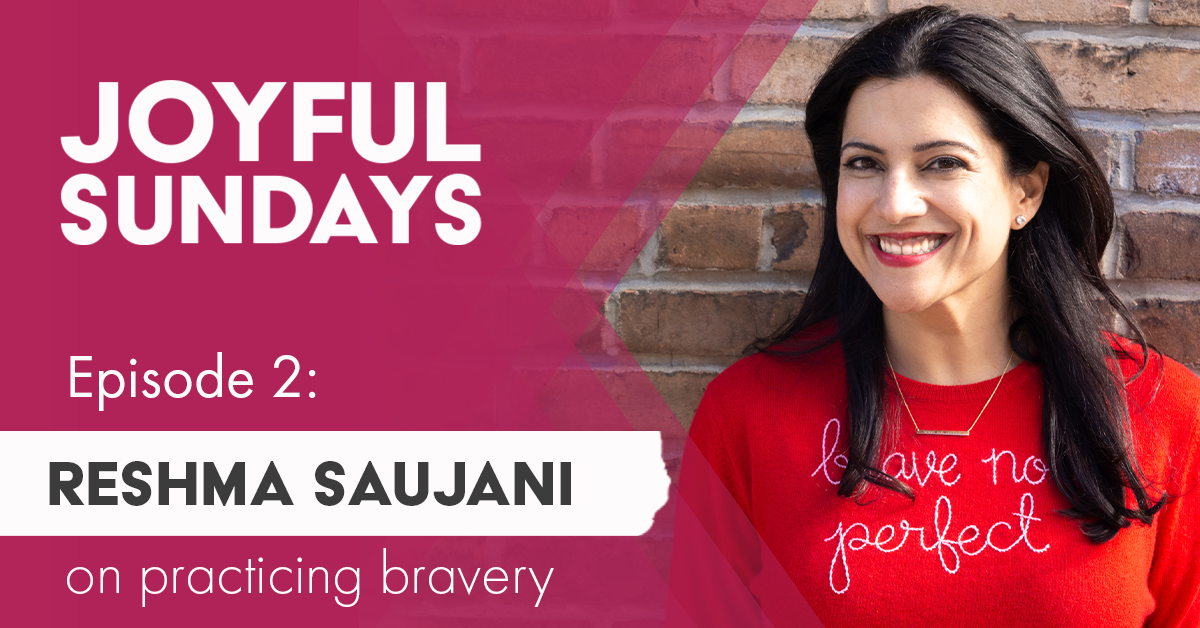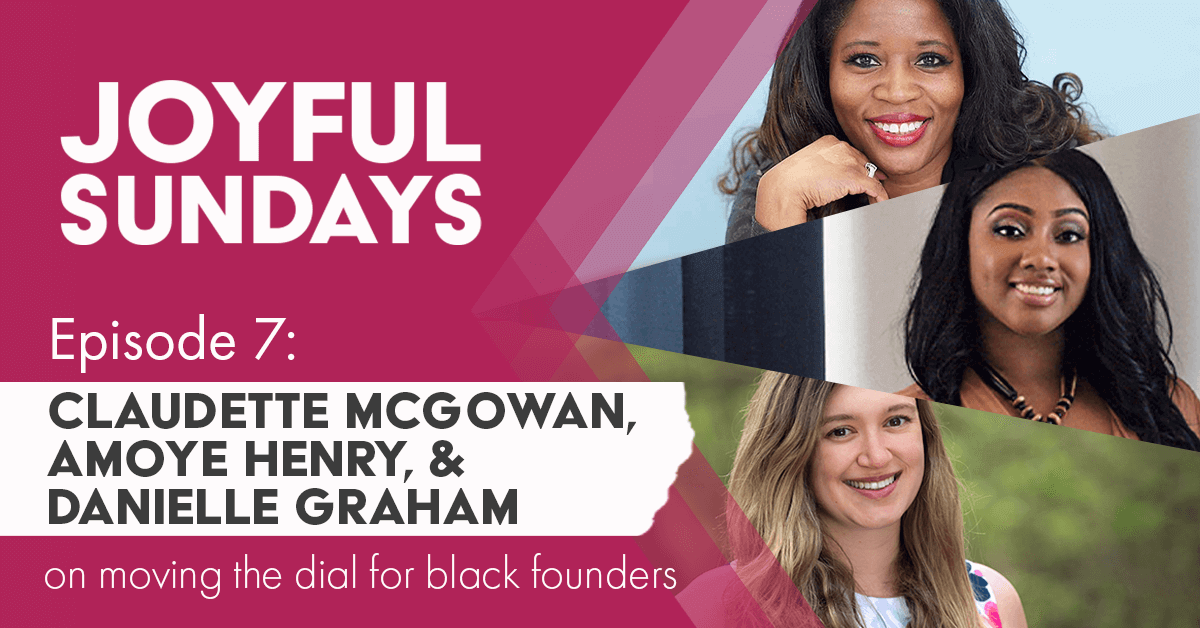Girls Who Code Founder Reshma Saujani on How to Be Brave, Not Perfect
After seeing no girls in the tech companies and highschool STEM classes she toured, Reshma Saujani wanted to get computer science education into every classroom and she wanted to encourage girls to take those classes. The best route, she thought, was through working in the public sector. She wanted to make a difference and she had the legal background to understand complex legislation.
So she ran for public office, twice. And lost both times.
But through the loss came Reshma’s next step: She founded a nonprofit organization called Girls Who Code. She figured if she couldn’t make a difference from within the public sector, she’d bring STEM education to every classroom and to every girl in another way.
Girls Who Code Started with one summer camp with 20 girls. But a male colleague telling her the idea was dumb sparked a fire. The affront reminded her of her mission – she wanted to help girls be the changemakers she knew they could be. But in order to be a changemaker, you have to be able to build the world you want to live in. That’s where learning to code came in, and Reshma set the ‘arbitrary’ goal of growing the organization 300% per year.
Despite massive success – Girls Who Code grew to over 1,500 clubs across America and has taught hundreds of thousands of girls to code – the journey has not always been smooth. However, Reshma refused to back down every single time.
Growth and humility
The initial growth of Girls Who Code was exponential, growing from one summer camp to teaching over 100,000 girls across America in a few short years. Reshma said that the growth came from a few key things.
Hiring people smarter than you
As the organization grew, it became clear that Reshma couldn’t do everything. She was the visionary and got very good at envisioning a perfect, changed world. She even had a clear idea on how to get there. But she was not the nitty-gritty kind of leader. So she hired one. It was the same story for every single hire she made – they were all smarter than her in their area of expertise. Together, that built a strong team to take Girls Who Code even further along Reshma’s vision.
Step back so people can work
In the early days, Reshma would get into the weeds of every major decision. Not trying to micromanage necessarily, Reshma was simply excited by it all and wanted to have an impact. But she realized the organization could never grow at the pace it needed to – nor could the smart people Reshma hired do their best work – if she was in the way. Even showing up to offer thoughts or feedback too frequently could hinder progress, and Reshma realized she needed to remove herself as the bottleneck to allow the organization to flourish.
Be intentional about inclusion
When Girls Who Code got started, Reshma knew that it needed to be for all girls. This insight came from looking at a group of girls in one camp where Reshma noticed it was a mix of privileged girls and underprivileged girls of all backgrounds. She also knew, though, that this wouldn’t happen by accident every time. She had to be intentional when putting together the groups. And when the numbers didn’t balance well, that was a signal to go into different communities to welcome more girls into Girls Who Code programs.
Not going down like that
Now, Reshma’s angry. COVID-19 pushed them to cancel all in-person events, forced the organization to part ways with a handful of their staff, and saw their revenue cut by a significant percentage almost overnight. She’s angry at everyone who is profiting off the pandemic while the hundreds of thousands of girls who benefit from Girls Who Code aren’t able to participate fully.
But Girls Who Code, simply put, would not go down like that. Reshma absolutely refused to let the pandemic push Girls Who Code to the brink. She would do what needed to be done – and that included the hardest day of her life when she had to let some staff go – but she would not suffer in silence.
Instead, the remaining team stood up to create virtual summits with a focus on community building, not just lectures. Now that the virtual summits are up and running, Reshma can’t wait to get back to in-person soon. But she also sees a new opportunity with virtual work. Before, Girls Who Code was limited to where it could set up in-person events and local committees. Virtual summits change all of that and amplify the potential impact and geographic spread that Girls Who Code can have.
Through all of her struggles – losing elections, facing pandemics, and being told her idea was dumb – Reshma stayed the course. She attributes a lot to her family and support networks, but fundamentally said it all boils down to one simple concept. Growing up, boys are taught to be brave and girls are taught to be perfect. She simply flipped that script for herself and all the girls she teaches. So in response to challenges or to chasing big dreams, Reshma only ever focused on being brave, not perfect.
I admire Reshma deeply, and am thrilled to have the opportunity to share her story with you.






